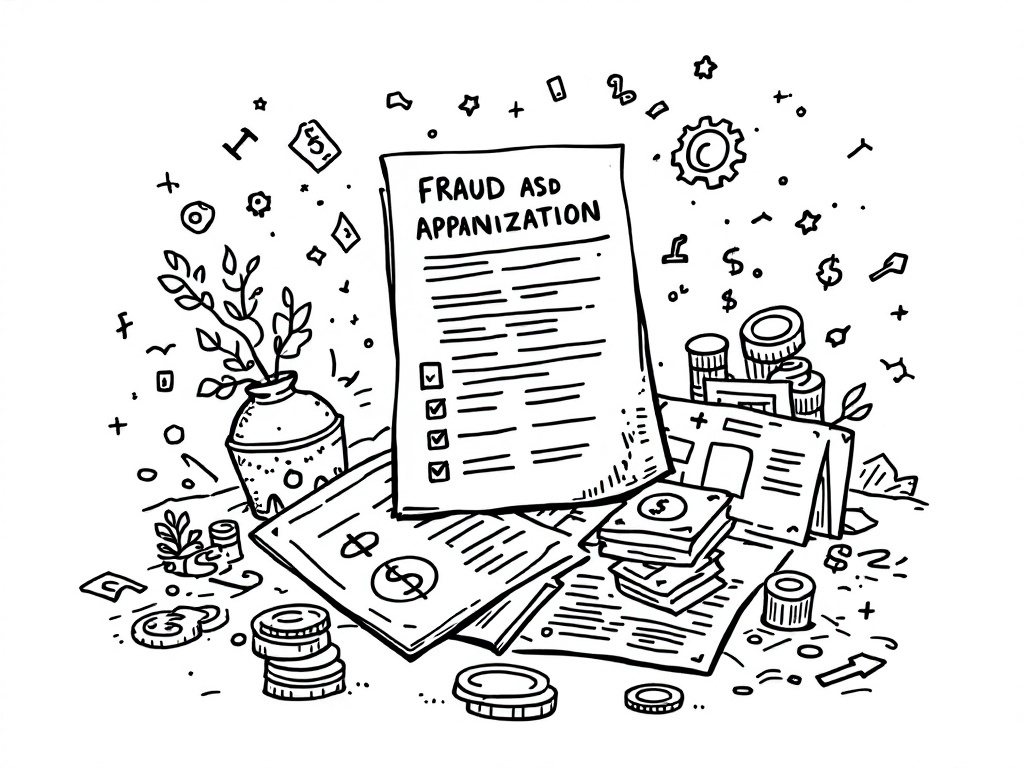Trump Administration Halts Certain Green Card Applications Amid Security Concerns

Washington, D.C., Wednesday, 26 March 2025.
The U.S. Citizenship and Immigration Services has paused some green card processing for refugees and asylees, citing fraud and national security challenges. This move leaves many in legal uncertainty.
Recent Policy Implementation
The Trump administration’s latest immigration measure, announced on March 26, 2025, specifically targets individuals who have already been granted refugee or asylum status in the United States [1]. The Department of Homeland Security has confirmed that this temporary pause affects the processing of Adjustment of Status applications, leaving many approved refugees in an uncertain legal position [2]. This policy implementation aligns with Trump’s broader executive directive requiring federal agencies to ‘vet and screen to the maximum degree possible all aliens who intend to be admitted, enter, or are already inside the United States’ [3].
Impact on Immigration Demographics
This policy shift comes at a time when America’s foreign-born population has reached a historic peak of 53.3 million, representing 15.8% of the total U.S. population as of January 2025 [4]. The pause affects refugees who, under normal circumstances, would be eligible to apply for permanent residency after one year of residence in the United States [2]. The administration’s decision particularly impacts vulnerable populations who have already undergone extensive vetting processes to achieve their current status [1][2].
Enhanced Screening Measures
The administration has announced plans to implement more rigorous social media screening for immigrants seeking legal status, including those applying for U.S. citizenship, green cards, and asylum [2]. This enhanced vetting approach represents a significant expansion of existing security protocols, though immigration advocates have raised concerns about potential First Amendment violations [2]. The Department of Homeland Security has not specified the duration of this temporary pause, leaving uncertainty about the timeline for resolution [3].
Legal Challenges and Future Implications
The policy faces potential legal challenges, as demonstrated by ongoing litigation regarding other immigration executive orders [5]. Multiple federal courts have already issued nationwide injunctions against similar executive actions, suggesting this latest measure may face similar judicial scrutiny [5]. The administration maintains that these enhanced vetting procedures are necessary for national security, though critics argue they create unnecessary barriers for already-vetted individuals [1][2].